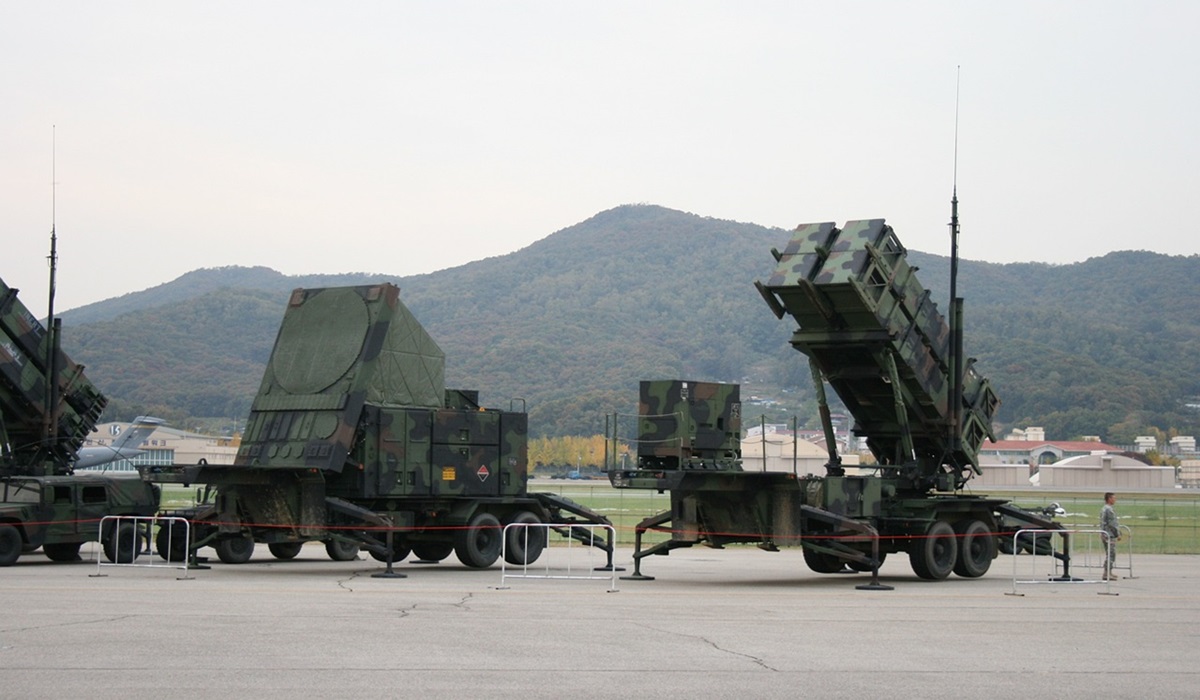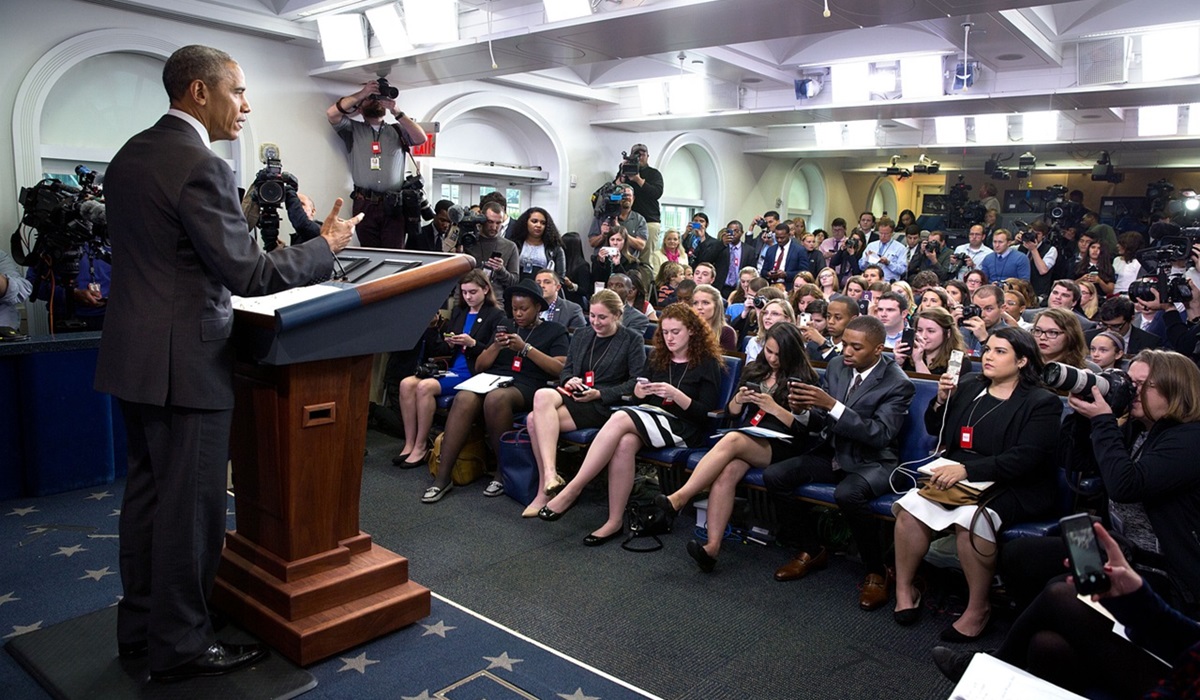Biden Authorizes Ukraine to Strike Deep into Russia with ATACMS Missiles
- Naomi Dela Cruz
- U.S.A
- November 18, 2024

The Biden administration’s authorization for Ukraine to use U.S.-made long-range ATACMS missiles to strike deep into Russian territory marks a critical escalation in an already volatile conflict. These missiles, manufactured by Lockheed Martin, have reportedly been in Ukraine’s arsenal for some time, leaving many to speculate that their use was always a matter of “when” rather than “if.” Coupled with the British and French-supplied Storm Shadow missiles, Ukraine’s enhanced strike capabilities reflect an increasingly bold Western strategy. This move raises profound questions about the balance of diplomacy, deterrence, and the ever-present risk of escalation in global warfare.
The authorization from the United States, France, and the United Kingdom signals a unified front among key NATO allies in supporting Ukraine’s military ambitions. Yet, this support is not without controversy. Germany, notably, has taken a more restrained approach, emphasizing caution. Chancellor Olaf Scholz’s recent phone conversation with President Vladimir Putin—the first in years—illustrates Germany’s divergent stance amid its own precarious political landscape. Facing an uncertain re-election bid and growing domestic discontent, Scholz appears keen on avoiding actions that might lead to uncontrolled escalation or further strain an already fragile European security framework.
Germany’s caution contrasts sharply with the more aggressive posture of other NATO members, reflecting a broader division within the alliance about how to manage the Russia-Ukraine conflict. Scholz’s position is influenced by Germany’s history as a staunch enforcer of sanctions against Russia, which were intended to cripple Moscow’s economy but have largely failed to achieve the desired effect. Despite significant economic pressure, Russia’s ability to sustain its military campaign underscores the limited efficacy of sanctions alone in shifting geopolitical dynamics.
Meanwhile, Moscow has responded to these developments with stark warnings. President Putin has made it clear that any strikes deep into Russian territory will be met with “extreme consequences,” hinting at the potential use of tactical nuclear weapons. While the Kremlin’s rhetoric may be aimed at deterring further escalation, it underscores the grave risks of miscalculation in this conflict. The introduction of long-range missiles into the equation increases the likelihood of a catastrophic spiral, with devastating implications for global stability.
Critics of the Biden administration argue that its handling of the Ukraine conflict exemplifies a broader pattern of hawkish foreign policy and disregard for pragmatic diplomacy. The decision to authorize strikes into Russian territory is seen by some as emblematic of an administration that has fueled global instability rather than fostering peace. Similar criticisms have been leveled at other Western leaders, including Canada’s Prime Minister Justin Trudeau, whose government has also been accused of prioritizing ideological agendas over effective leadership.
At a time when global economic uncertainty and rising geopolitical tensions demand careful diplomacy, the actions of Western leaders appear to be steering the world toward greater instability. The Biden administration, in particular, has faced growing backlash for its perceived role in escalating conflicts and destabilizing the global economy. Many argue that a change in leadership is urgently needed to chart a more measured and diplomatic course.
The stakes in this conflict are immense, and the consequences of missteps could be catastrophic. As the world watches the unfolding drama, the need for pragmatic leadership has never been more apparent. This is not a moment for reckless brinkmanship but a time for concerted efforts to seek resolution and restore stability to an increasingly fractured international order.








